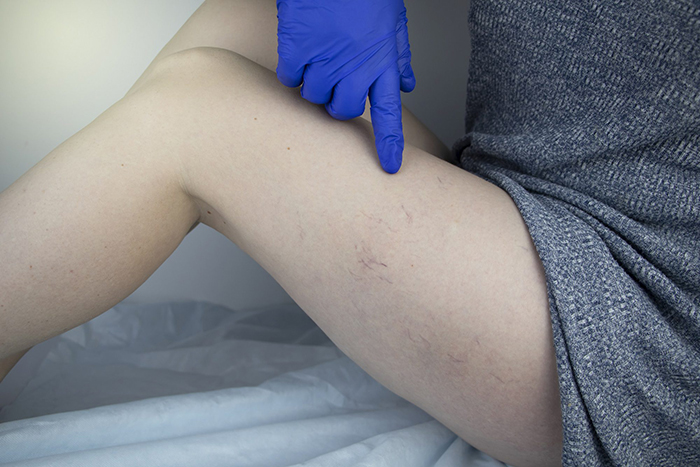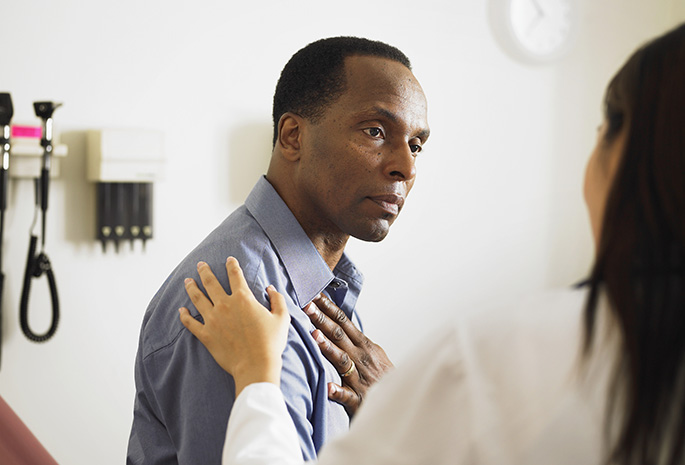If you are experiencing swollen, tired, and aching feet, ankles and legs caused by varicose veins, the first step toward relief may be wearing compression hose.
Compression hose are the key component of a conservative treatment plan that many insurance companies require as a first step in the treatment of varicose veins. Other plan components include exercising regularly, elevating your legs and creating a weight loss plan.
Often, this conservative treatment plan may bring enough relief to eliminate the need for any further varicose vein treatment.
What Do Compression Hose Do?
- Compression hose exert external pressure on the legs to reduce the pooling of blood in varicose veins and improve the vein circulation.
- These hose often improve the symptoms of varicose veins and may minimize your risk of developing new varicose veins.




